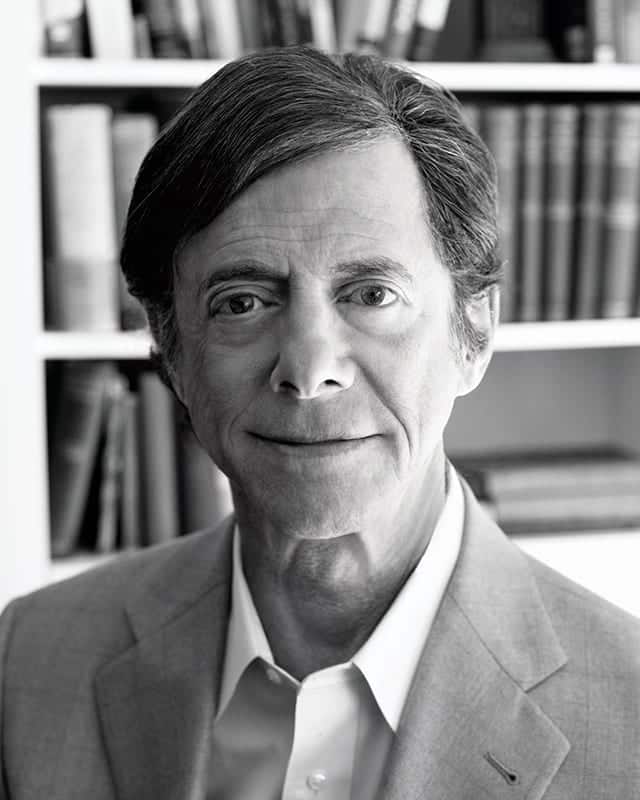What Are The Search Results When You Google ‘Antitrust’?
Yielding to the European Union’s threat of massive fines, Google will reportedly change the way it displays search results and, in some cases, even include links to rival search engines.
Earlier this year, the Internet giant capitulated to the U.S. Federal Trade Commission after a 19-month investigation, promising to change its advertising practices.
How do the world’s most powerful governments get away with treating Google like a villain? After all, this is a company that has built a reputation for improving people’s lives in a thousand ways.
Just ask the millions of visitors who type keywords into Google’s legendary search engine, or who use the many other services — email, maps, videos, travel arrangements, comparison shopping, books, and the like — that Google offers for free. Yes, for free.
The answer lies buried in the unavoidable vagaries of antitrust law — an irrational regime that grants competitive grumblings the exalted status of legal injuries, then empowers government enforcers to override market outcomes.
In Google’s case, the grumblings are coming from rivals and advertisers — and when their complaints are boiled down to essentials, they’re angry that Google pursues its own profits without regard to the welfare or viability of competitors.
When rivals complain of “search bias,” for example, what they mean is that Google’s search results display the company’s own services — such as Google Maps, Google Travel, or Google Shopping — in prominent positions, to enhance traffic at those sites.
But why would Google do otherwise? Like any other business, it’s trying to make money for its shareholders. Since more than 95% of its revenues come from advertising, Google stands to gain by attracting more users.
Likewise, when advertisers complain about their contracts with Google, what they mean is that Google makes it difficult for them to transfer ad campaigns from Google over to rival platforms, or to compare the various platforms’ efficiency.
But why would Google act differently? Businesses don’t succeed by bending over backward to make it easier for rivals to take away their customers.
It hardly needs explaining why Google’s practices might generate frustration and resentment in certain quarters — that’s to be expected in the hurly burly of the marketplace.
But what’s not so obvious is how such resentments can be confused with genuine legal injuries that merit the attention of government prosecutors. The explanation is to be found in antitrust laws that actually make it illegal for a company like Google to maintain a laser focus on its own corporate self-interest.
If read literally, the Sherman Act of 1890 (and the European Union’s legal equivalents) prohibit virtually every action a profit-seeking business needs to survive.
For example, any price a company might set can be legally condemned — as “predatory” if it’s lower than the competition, “monopolistic” if higher, or “collusive” if the same.
The laws’ astonishing breadth allows prosecutors, regulators, and judges to pose as kindly protectors of business, reading the laws “reasonably” so as to blunt their draconian terms.
But exactly which practices will be permitted and which penalized? It’s usually impossible to know in advance.
The resulting omnipresent threat of antitrust prosecution forces companies like Google to do business with one eye on the bottom line and the other on their antitrust foes.
Companies must perpetually adjust to the latest threats, pronouncements, and decisions emanating from the worldwide antitrust establishment.
And to complicate matters, today’s victim may be tomorrow’s attacker, if a rival’s success makes it vulnerable to antitrust pressure.
According to the Center for Responsive Politics, Google spent more than $18 million on lobbying last year (about 23 times as much as it spent in 2006), making it the eighth-largest spender among companies in all industries (not counting the costs of dealing with foreign threats).
It now looks as if the EU’s threatened fines have been “traded” for concessions designed to help Google’s competitors.
But before the shakedown, uh, settlement is finalized, Google must demonstrate how its changes will work, in a phase known ludicrously as “market testing,” during which those same competitors can lodge still more objections.
Interesting, isn’t it, how these things work out? Antitrust authorities threaten to inflict massive damage on the world’s most successful companies. Then the targets of these investigations, rather than litigate and risk disaster, simply cave in, “voluntarily” agreeing to change their business practices.
In this way, regulators — who, let’s face it, are just politicians without the charisma — deliver outcomes that those companies’ resentful rivals and customers could never earn on a free market.
Farther down this road, we can foresee an antitrust-hobbled Google that behaves more like a regulated public utility than an innovative tech dynamo. Is that the future we want?

![What Are The Search Results When You Google 'Antitrust'? [Investor's Business Daily]](https://ari.aynrand.org/wp-content/uploads/2019/08/google_antitrust_570.jpg)



![3 crucial lessons Ayn Rand can teach us today [FoxNews.com]](https://ari.aynrand.org/wp-content/uploads/2019/08/3_crucial_570.jpg)


